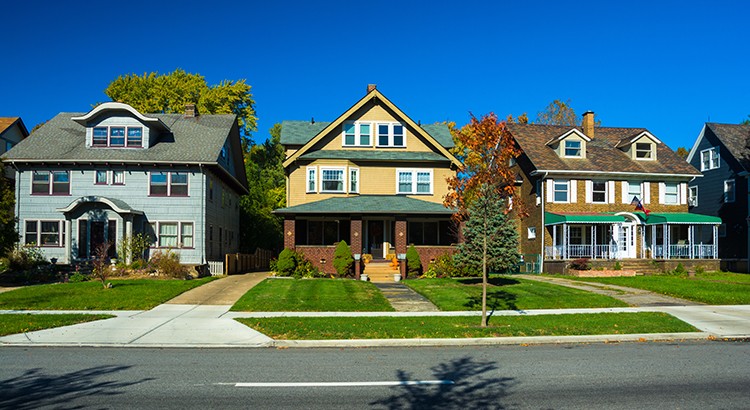
“The unsustainable market of the past two years is behind us, and the difference is being felt.”
The real estate market is on just about everyone’s mind these days. That’s because the unsustainable market of the past two years is behind us, and the difference is being felt. The question now is, just how financially strong are homeowners throughout the country? Mortgage debt grew beyond 10 trillion dollars over the past year, and many called that a troubling sign when it happened for the first time in history.
Recently Odeta Kushi, Deputy Chief Economist at First American, answered that question when she said:
“U.S. households own $41 trillion in owner-occupied real estate, just over $12 trillion in debt, and the remaining ~$29 trillion in equity. The national “LTV” in Q2 2022 was 29.5%, the lowest since 1983.”
She continued on to say:
“Homeowners had an average of $320,000 in inflation-adjusted equity in their homes in Q2 2022, an all-time high.”
What Is LTV?
The term LTV refers to loan to value ratio. For more context, here’s how the Mortgage Reports defines it:
“Your ‘loan to value ratio’ (LTV) compares the size of your mortgage loan to the value of the home. For example: If your home is worth $200,000, and you have a mortgage for $180,000, your LTV ratio is 90% — because the loan makes up 90% of the total price.
You can also think about LTV in terms of your down payment. If you put 20% down, that means you’re borrowing 80% of the home’s value. So your LTV ratio is 80%.”
Why Is This Important?
This is yet another reason we won’t see the housing market crash. Home equity allows homeowners to be in control. For example, if someone did need to sell their home, they likely have the equity they need to be able to sell it and still put money in their pocket. This was not the case back in 2008, when many owed more on their homes than they were worth.
Bottom Line
Homeowners today have more financial strength than they have had since 1983. This is a combination of how homeowners have handled equity since the crash and rising home prices of the last two years. And this is yet another reason homeownership in any market makes sense.
To view original article, visit Keeping Current Matters.
What Does the Rest of the Year Hold for Home Prices?
Despite what you’ve heard, experts say home prices won’t fall in most markets. They’ll just appreciate more moderately.
Is the Shifting Market a Challenge or an Opportunity for Homebuyers?
Today, data shows buyer demand is moderating in the wake of higher mortgage rates.
Why It’s Still a Sellers’ Market
While buyer demand is softening due to higher mortgage rates, homes that are priced right are still selling fast. That means your window of opportunity to list your house hasn’t closed.
3 Graphs To Show This Isn’t a Housing Bubble
It’s only natural for concerns to creep in that it could be a repeat of what took place in 2008. Today’s market is nothing like that.
Why Are People Moving Today?
While mortgage rates are higher than they were at the start of the year and home prices are rising, you shouldn’t put your plans on hold based solely on market factors.
A Window of Opportunity for Homebuyers
The housing market is still strong; it’s just easing off from the unsustainable frenzy it saw during the height of the pandemic.





